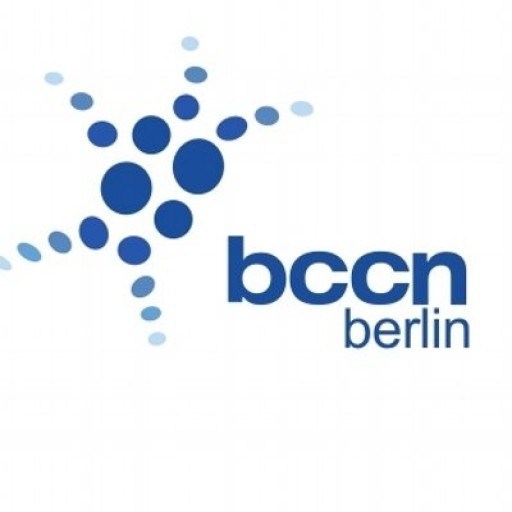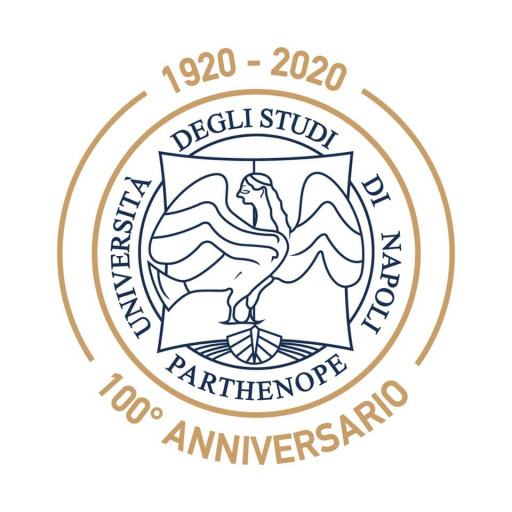Photos of university / #radboud_uni
International Political Economy at Radboud University offers a comprehensive and multidisciplinary approach to understanding the complex interactions between politics, economics, and society on a global scale. This programme is designed for students who are interested in analyzing how political decisions influence economic policies and how economic forces shape political landscapes across different regions. The curriculum combines theories and methodologies from political science, economics, and international relations to equip students with a thorough understanding of current global issues such as globalization, international trade, development, financial markets, and governance. Students will engage with a variety of case studies, data analysis, and policy evaluations to develop critical thinking and analytical skills necessary for careers in diplomacy, international organizations, governmental agencies, and private sector enterprises dealing with international markets. The programme emphasizes active learning through seminars, workshops, and projects that foster collaboration, communication, and practical problem-solving abilities. The diverse faculty members bring extensive academic and professional expertise, providing students with valuable insights and mentorship. Radboud University’s emphasis on ethics and societal impact ensures that graduates are not only equipped with technical knowledge but also committed to responsible and sustainable international engagement. The programme typically includes opportunities for internships, study abroad exchanges, and research projects that enhance practical experience and global perspectives. Graduates of the International Political Economy programme are well-prepared to pursue advanced studies or to enter fields such as international economic policy, consultancy, non-governmental organizations, and research institutions. With a strong emphasis on critical analysis, interdisciplinary knowledge, and real-world application, this programme aims to develop globally minded professionals who can contribute meaningfully to solving international economic and political challenges.
Semester 1
- Current Debates in International Political Economy (6 EC)
- Global Political Economy (6 EC)
- Methods of Empirical Analysis (6 EC)
- Choice between: Culture and Institutions; Inequality and Development (6 EC) or Macroeconomics & Policy (6 EC)
- Pluralisms in Economics (6 EC)
Semester 2
- Choice between: The Rise of the BRICs (6 EC) or The Politcs of Reform (6 EC)
- Choice between: Current Issues in International Economics & Development (6 EC) or Current Issues in Economics & Policy (6 EC)
- Master's thesis (18 EC)
A completed Bachelor's degree in:
- IPE/Political Science: In order to be admitted to the IPE/Political Sciences Master’s programme, you will need a Bachelor’s degree in Political Sciences or a related discipline. In addition, you are required to have at least 18 EC of completed course work in Economics, 6 of which in International Economics (2nd year or higher).
- IPE/Economics: In order to be admitted to the IPE/Economics Master’s programme, you will need a Bachelor’s degree in Economics or a related discipline from a research university, with sufficient background in research methods and mathematics. In addition, you are required to have at least 18 EC of completed course work in Political Science, 6 of which in International Relations (2nd year or higher).
A proficiency in English
In order to take part in this programme, you need to have fluency in both written and spoken English.This requirement has been satisfied when the student meets one of the following conditions:
- Has successfully completed a three-year Bachelor's programme at a Dutch university
- Is a citizen of Australia, Canada (with exception of Quebec), Ireland, New Zealand, United Kingdom, or the United States of America..
- Has successfully completed a Bachelor's programme that was taught completely in the English language in one of the following countries: EU/EEA-countries, Australia, Canada, New Zealand, United States of America.
- Has successfully completed a Master's programme from a Dutch university of applied sciences (HBO).
All other students need one of the following certificates (TOEFL and IELTS certificates may not be older than two years):
- A TOEFL score of ≥90, with subscores not lower than 18
- A IELTS score of ≥6.5, with subscores not lower than 6.0
- Cambridge Certificate of Advanced English (CAE) or Certificate of Proficiency in English (CPE) with a mark of C or higher
A letter of motivation
In this letter of motivation (max 2 pages) you should explain why you want to attend this programme and why you think you are suited for this programme.
There are various scholarships available for studying at Radboud University. Some of the opportunities are described below. A full list, including detailed information, can be found on our scholarships and grants page at our website.
Radboud Scholarship Programme
Open to a select number of excellent international students. Instead of the institutional tuition fees, non-EEA students pay the legal tuition fees (€2,006 in 2017/2018). Visa and residence permit costs, liability insurance and health insurance are also covered.
Orange Tulip Scholarship
Open to students from Brazil, Mexico, Russia, Indonesia, South-Korea, Vietnam, Thailand, and China. Instead of the institutional tuition fees, non-EEA students pay the legal tuition fees (€2,006 in 2017/2018). Visa and residence permit costs, liability insurance and health insurance are also covered.
Fulbright-Radboud Scholarships
Open to excellent American students. The grant will be paid in 12 monthly instalments of 1,050 euros. International travel and the cost of the residence permit will be covered, and an extra allowance of €1150 will be paid on arrival.
Sino-Dutch Bilateral Exchange Scholarship
Open to excellent students from China. Consists of a contribution of € 16,113 towards the total costs of one year of study or research in the Netherlands.
DIKTI-Neso Scholarships
Aimed at lecturers at higher education institutions in Indonesia who wish to pursue a PhD or Master's at a university in the Netherlands. A DIKTI scholarship includes allowances for living expenses, insurance, travel costs, tuition fees and more.
Indonesian Education Scholarship (LPDP)
Open to excellent Indonesian students under the age of 35. Involves a full scholarship.
Holland Scholarship Programme
Open to excellent students from Canada, America, India and Turkey. Scholarship consists of 5,000 euros payed at the start of study.
Dutch Student Finance
EU/EEA students and Swiss students under 30 years of age are eligible if they are working at least 56 hours per month in the Netherlands, or have been living in the Netherlands for five years or more. Dutch student finance consists of four components: a basic grant, a supplementary grant (depending on the parental income), a student travel product, and a loan.
International Political Economy at Radboud University offers a comprehensive and multidisciplinary approach to understanding the complex interplay between politics, economics, and society on a global scale. The program is designed to equip students with a solid foundation in both political science and economics, allowing them to analyze international issues from multiple perspectives. The curriculum emphasizes critical thinking and provides students with analytical tools to understand global economic policies, political institutions, and social movements. Students will explore topics such as globalization, economic development, international trade, financial markets, and the role of supranational organizations like the UN and WTO. The program also covers contemporary challenges such as environmental sustainability, inequality, and geopolitical conflicts. Teaching methods combine lectures, seminars, case studies, and project work to foster active learning and practical application of theoretical concepts. International Political Economy at Radboud encourages students to develop research skills, work collaboratively, and communicate their ideas effectively. The program benefits from Radboud University's strong links with policymakers, international organizations, NGOs, and research institutes, providing students with excellent internship and employment opportunities. Graduates of this program are well-prepared for careers in international organizations, government agencies, NGOs, think tanks, and private sector companies involved in international trade and finance. The program also serves as a solid foundation for students wishing to pursue further academic research or postgraduate studies. Overall, International Political Economy at Radboud University is ideal for students passionate about understanding and addressing global economic and political issues and contributing to creating solutions for a sustainable and just world.










